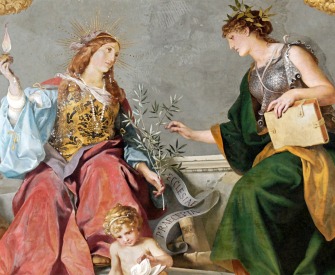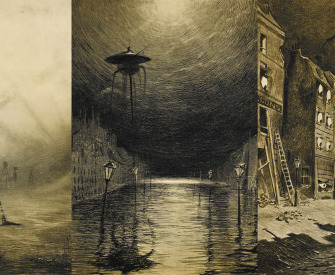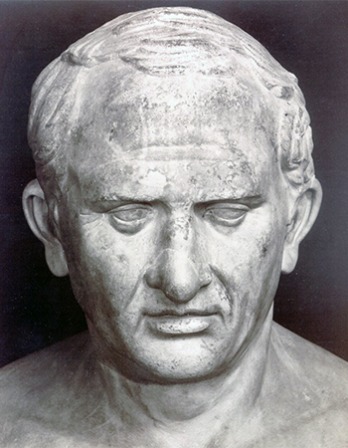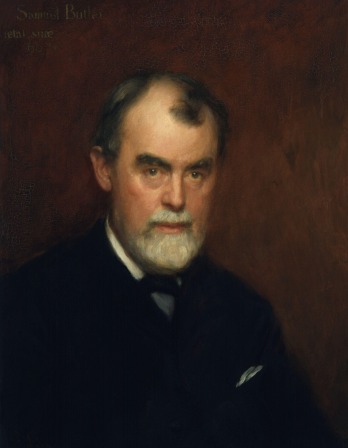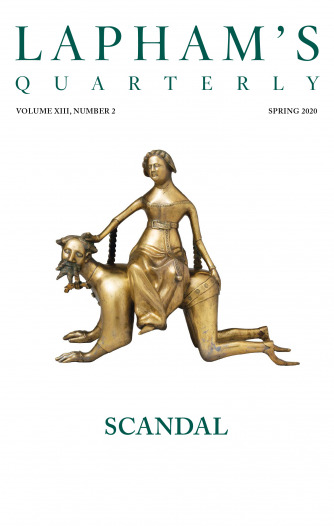I always think of nature as a great spectacle, somewhat resembling the opera.
—Bernard de Fontenelle, 1686The Wild Child
Wilderness as parent.
It is evident by several tokens about this wild gentleman, that he had a father and mother like one of us; but there being no register of his christening, his age is only to be guessed at by his stature and countenance, and appears to be about twelve or thirteen.
His being so young was the occasion of the great disappointment of the ladies, who came to the drawing room in full expectation of some attempt upon their chastity; he endeavoured to kiss the young lady Walpole, who for that reason is become the envy of the circle; this being a declaration of nature in favour of her superior beauty.
Aristotle says that man is the most mimic of all animals; which opinion of that great philosopher is strongly confirmed by the behaviour of this wild gentleman, who is endowed with that quality to an extreme degree. He received his first impressions at court: his manners are first to lick people’s hands, and then turn his breech upon them; to thrust his hand into every body’s pocket; to climb over people’s heads; and even to make use of the royal hand to take what he has a mind to. At his first appearance he seized on the lord chamberlain’s staff, and put on his hat before the king; from whence some have conjectured, that he is either descended from a grandee of Spain, or the earls of Kingsale in Ireland. However, these are manifest tokens of his innate ambition; he is extremely tenacious of his own property, and ready to invade that of other people. By this mimic quality he discovered what wild beast had nursed him: observing children to ask blessing of their mothers, one day he fell down upon his knees to a sow, and muttered some sounds in that humble posture.
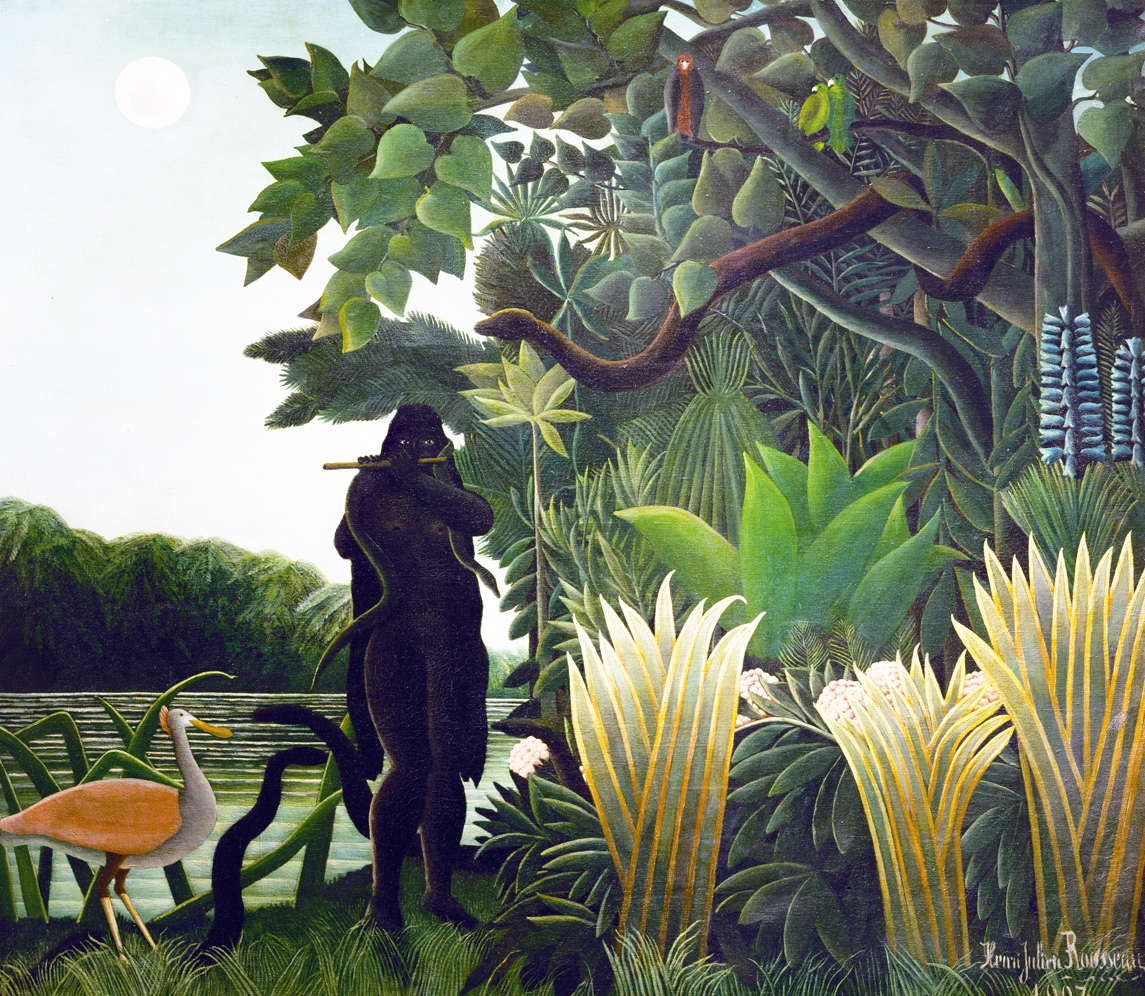
The Snake Charmer, by Henri Rousseau, 1907. Musée d'Orsay, Paris, France.
Though he is ignorant both of ancient and modern languages (that care being left to the ingenious physician who is entrusted with his education), yet he distinguishes objects by certain sounds framed to himself, which Mr. Rotenberg, who brought him over, understands perfectly. Beholding one day the shambles with great fear and astonishment, ever since he calls man by the same sound, which expresses wolf. A young lady is a peacock; old women, magpies and owls; a beau with a toupee, a monkey; glass, ice; blue, red, and green ribbons, he calls rainbow; a heap of gold, a turd. The first ship he saw he took to be a great beast swimming on her back, and her feet tied above her; the men that came out of the hold, he took to be her cubs and wondered why they were so unlike their dam. He understands perfectly the language of all beasts and birds, and is not like them confined to that of one species. He can bring any beast what he calls for, and no doubt is much missed now in his native woods, where he used to do good offices among his fellow citizens and served as a mediator to reconcile their differences. One day he warned a flock of sheep that were driving to the shambles of their danger; and upon uttering some sounds, they all fled. He takes vast pleasure in conversation with horses; and going to the Mews to converse with two of his intimate acquaintances in the king’s stables; as he passed by, he neighed to the horse at Charing Cross; he seemed to take it ill that the horse did not answer him, but I think nobody can undervalue his understanding for not being skilled in statuary.
He expresses his joy most commonly by neighing; and whatever the philosophers may talk of their risibility, neighing is a more noble expression of that passion than laughing, which seems to me to have something silly in it; and besides, is often attended with tears. Love he expresses by the cooing of a dove, and anger by the croaking of a raven; and it is not doubted, but that he will serve in time as an interpreter between us and other animals.
He sings naturally several pretty tunes of his own composing, and with equal facility in the chromatic, inharmonic, and diatonic style; I cannot omit his first notion of clothes, which he took to be the natural skins of the creatures that wore them, and seemed to be in great pain for the pulling off a stocking, thinking the poor man was a-flaying.
I am not ignorant that there are disaffected people who say he is a pretender and no genuine wild man. This calumny proceeds from the false notions they have of wild men, which they frame from such as they see about the town, whose actions are rather absurd than wild; therefore, it will be incumbent on all young gentlemen who are ambitious to excel in this character to copy this true original of nature.

Jonathan Swift
From “It Cannot Rain But It Pours.” Peter the Wild Boy was found in a German forest eating plants, walking on all fours, and incapable of human speech. On order from King George I, he was imported to Great Britain. His behavior excited the interest of London’s society ladies and provided the inspiration for other writings by Daniel Defoe and James Burnett.
